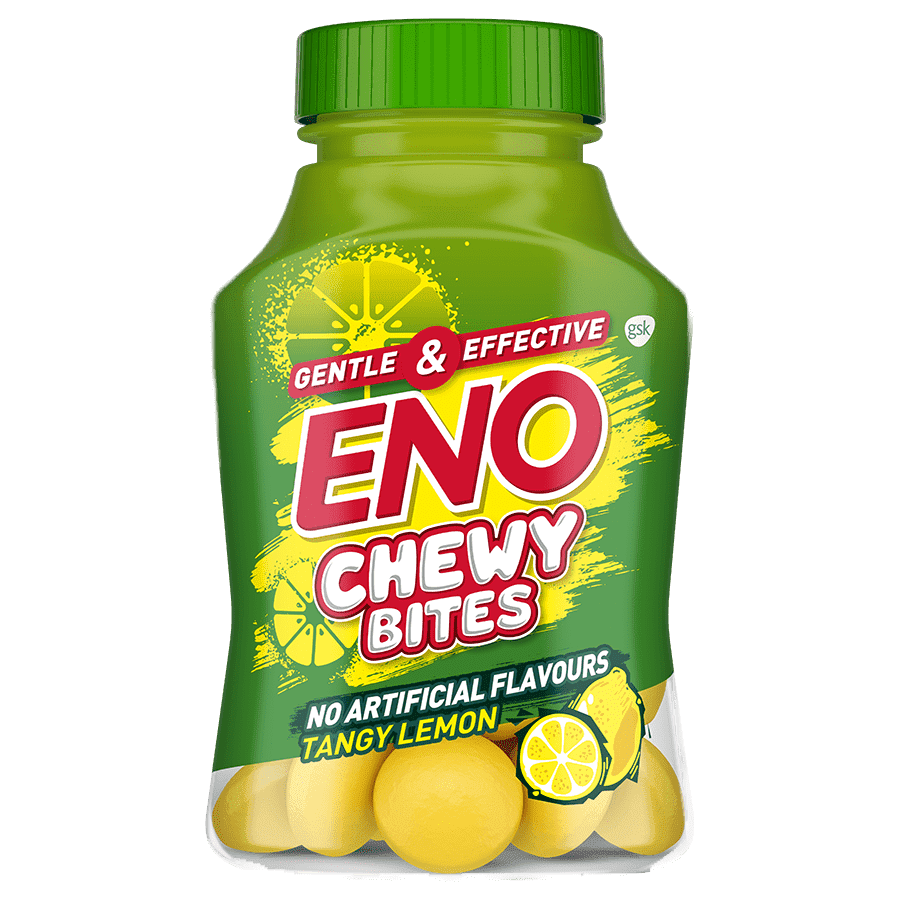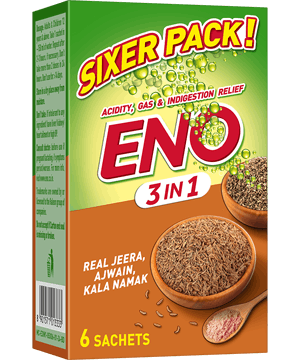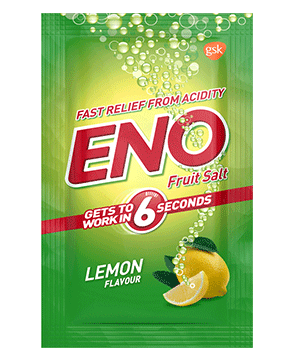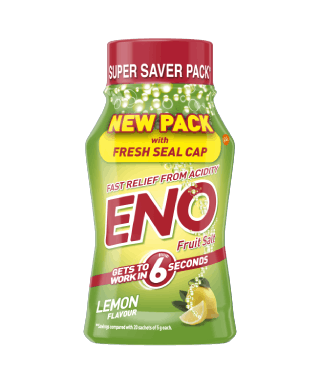Imagine this – acid reflux strikes at the most inconvenient time and all you have at hand is tea, milk or some other home remedy you’ve heard about before. What do you do?
We’ve all been there. After a particularly satisfying meal, symptoms of acid reflux – such as a burning sensation in the chest – appear1 and all we really want is for the discomfort to resolve fast.1 But when the closest pharmacy is more than a few minutes away, it might be tempting to rely on home remedies that we vaguely remember reading about instead.
It’s actually quite hard to know which home remedies could help alleviate your symptoms and which ones might be doing more harm than good. There are a lot of claims and promises made, so we’ve tried to sift through some of the evidence for you.
Busting Myths On
Food And Beverages
When it comes to home remedies for acid reflux, scientists have conducted studies to determine how effective common food and beverages are in helping with symptoms.2 Here are some of the findings on the most commonly suggested food and beverage remedies.

Does milk help relieve acid reflux?
Short answer – no. A glass of milk may seem like a good idea after a meal but think twice. While milk may temporarily buffer stomach acid, it may also cause acid reflux to worsen.2 In fact, certain nutrients in milk such as fat may stimulate the stomach to produce more acid.2 In addition to this, overfilling the stomach with milk may increase acid reflux symptoms.2

Does tea help relieve acid reflux?
Generally, no. Tea is consumed by two thirds of the people in the world.3 However, it may actually cause acid reflux to worsen.3 Tea is associated with acid reflux because it may increase gastric acid secretion.3 However, it may contribute to acid reflux through other ways too.3
Peppermint tea, for example, was identified as a risk factor for developing acid reflux symptoms.4 This may be due to the fact that peppermint may cause the muscles that prevent stomach acid from rising up into the esophagus to relax.4 Green tea was also found to be a risk factor in the development of chronic acid reflux or gastro-esophageal reflux disease (GERD).5

Does chewing gum help relieve acid reflux?
It depends. While we’ve established earlier how peppermint may not be a good idea to have after a meal, chewing gum free of peppermint or sugar may be a good acid reflux remedy.2,6 Chewing gum for half an hour after a meal can prevent stomach acid from rising up into the esophagus.2,6 This is because the act of chewing gum makes you swallow more often and produce more saliva – an acid buffer.2,6

Do herbal remedies help relieve acid reflux?
Herbal remedies have been used successfully for thousands of years in Ayurvedic and other non-Western medicines. Based on this, some studies have been done on herbs commonly used to treat indigestion, such as caraway, cumin, fennel, ajwain, German chamomile and lemon balm.2,7-9All of these have some beneficial effects on digestion,2,7-9 which could in turn reduce acid reflux symptoms.
If you do try herbal remedies and you take any other medicines you should tell your pharmacist or doctor, as some herbal remedies and some medicines may interact.

Do fruits and vegetables help relieve acid reflux?
Some do! Not only are fruits and vegetables a recommended part of a balanced diet, certain ones may help reduce or neutralise acid.10-15 Increasing intake of fibre from fruits and vegetables can have a protective effect against acid reflux.10,11,15 While some vegetables such as tomato, garlic and onion may aggravate acid reflux, certain ones such as broccoli, cucumber and spinach have even been shown to neutralise acid directly.2,12-14 Papaya, or papaya juice, has also been suggested to help reduce acid reflux symptoms.2
Lifestyle tips
Now that we’ve covered some of the most common food and beverages suggested for acid reflux relief, let’s talk about other steps you can take to help further reduce acid reflux. After all, a few lifestyle modifications can be well worth the trouble if it means not having to deal with the uncomfortable symptoms of acid reflux.

Wear loose-fitting clothes
When we know we’re about to have a big meal, we might be inclined to stay away from more figure-hugging outfits – and for good reason. Tight-fitting clothing can put additional pressure on your stomach, causing stomach acid to rise into the esophagus and contributing to acid reflux.16 Try wearing loose clothing and avoiding outfits that fit tightly around the mid-abdomen to help relieve occasional symptoms.17

Stay upright after eating
It might be tempting to take a quick nap after a good meal. But before you jump into bed, take some time to think if it’s a good idea. Two to three hours is the amount of time recommended to stay in an upright position after eating to prevent stomach acid from rising up into the esophagus.2,16,18 That’s why it’s best to eat early in the evening so the meal is digested by bedtime.18

Elevate the head of your bed
If you find yourself having acid reflux symptoms when it’s time to go to sleep, try elevating the head of your bed by at least 15 centimetres.2,16,17 This will help keep your esophagus above the stomach, preventing stomach acid from rising up and causing uncomfortable symptoms at night.2,16-18
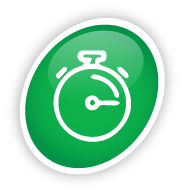
Eat small frequent meals
Just like every other good thing in life, food should be enjoyed in moderation. Larger meals will empty slowly from the stomach and put pressure on the muscle that keeps acid from rising up into the esophagus.18 This can cause symptoms of acid reflux.2,16,18 It might be good to try having small frequent meals instead.2,16,18 In fact, a light meal is recommended during the night-time especially.18

Reduce use of alcohol and tobacco
Once again, everything in moderation. Reducing or, better yet, stopping the consumption of alcohol and cigarettes is recommended to help prevent further episodes of acid reflux.2,11,16,17 Smoking can weaken the muscle that prevents stomach acid from rising up into your esophagus.11 Drinking alcohol compromises the same muscle, stimulates acid production and makes the esophagus more sensitive to acid.18
There you have it – the lowdown on which home remedies may work and which ones to skip, as well as a few dos and don’ts to prevent acid reflux from worsening.
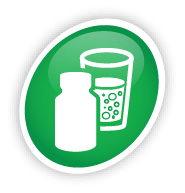
Reach for Eno
While there is an option to choose from many home remedies that can help you during an acid reflux episode with varied degree of success , know that you have other options that are scientifically designed to stop acid reflux quickly.19
'Eno complements your body’s natural self defence mechanism to fight heartburn, acid indigestion or sour stomach. Eno acts where the acid attacks and gets to work in just 6 seconds20. Read more about Eno and learn how it can help relieve your symptoms here.
If symptoms persist, ask your doctor or pharmacist about the best acid reflux remedy for you.

